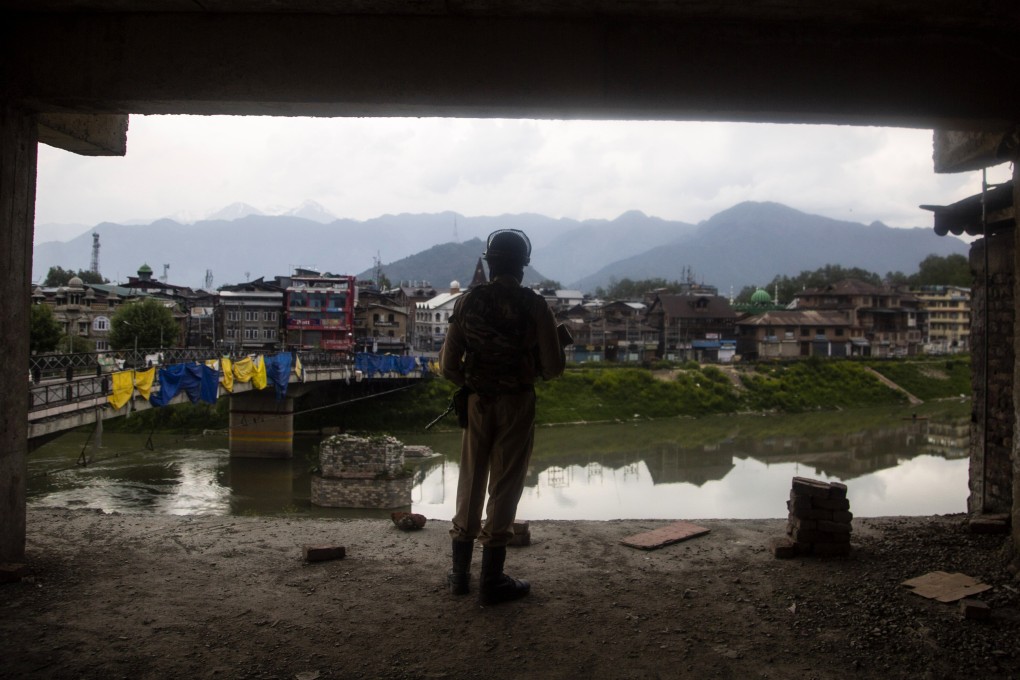Advertisement
Opinion | How coronavirus and the China threat have Modi seeking peace on India’s western front
- Overtures to Pakistan, Kashmir and the Taliban are a significant shift in Modi’s foreign and security policy and a marked departure from his political goals
- If Modi is to sustain peace for any length of time, he will have to overcome significant trust deficits with groups Hindu nationalists have vilified
3-MIN READ3-MIN
23

After long periods of tough muscular posturing, India is pivoting to backchannel diplomacy on its troublesome western frontier.
In Afghanistan, India has opened an unprecedented dialogue track with the Taliban for the first time. With Pakistan, months of backchannel talks have yielded some ground.
Earlier this year, the two countries resumed talks over the shared Indus River, resolved uncertainty over visas for Pakistani cricketers and reached an understanding on long-pending visas for each other’s diplomats.
Advertisement
Meanwhile, Indian Prime Minister Narendra Modi invited leaders from the restive Kashmir valley for talks in New Delhi.
Each of these developments is a significant about-turn in Modi’s foreign and security policy and a marked departure from his political goals.
Advertisement
For several years, India had refused to engage in any manner with the Taliban. This was partly out of respect for the sensibilities of the Afghan government in Kabul and partly because of its suspected involvement in the hijacking of an Indian plane in 1999.
Advertisement
Select Voice
Select Speed
1.00x
